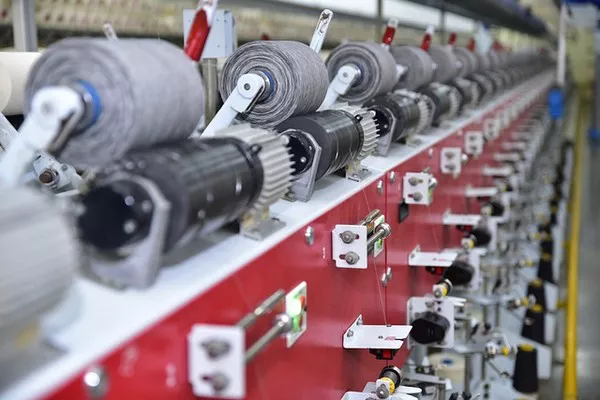Omron Corporation is set to enhance transparency in its carbon emissions by providing product carbon footprint (PCF) calculations for its high-capacity power relays. This initiative aligns with global efforts to reduce carbon emissions and responds to growing regulatory and public demands for environmental accountability.
Focus on G9KB Series
Omron will start with its G9KB series of high-capacity power relays, used in energy storage and other systems, which will undergo PCF assessments based on ISO 14067 standards. These assessments will be certified by third parties, ensuring accuracy and reliability. Over time, Omron plans to extend these calculations to additional products in its portfolio.
Importance of Product Carbon Footprint
A product carbon footprint estimates the greenhouse gases emitted throughout a product’s entire life cycle, from raw material extraction to production, shipping, usage, disposal, and recycling. For electronic components like relays, this involves a detailed analysis of each step in the supply chain to assess energy consumption, material usage, and waste generation.
The New G9KB-E Variant
One of the first products to undergo PCF calculation is the G9KB-E, a new variant in Omron’s high-capacity, bidirectional DC power relay series. This variant increases the maximum opening and closing voltage to 800 VDC, up from 600 VDC in previous versions, and doubles the switching current capacity to 100 A.
Designed for high-power battery applications in energy storage, EV chargers, and vehicle-to-grid systems, the G9KB-E is housed in a PCB mountable enclosure measuring 50.5 x 37.0 x 50.5 mm. It features a contact gap of over 3.6 mm and a contact resistance below 5 mΩ, making it ideal for the emerging 800 V EV battery bus applications.
Environmental and Business Benefits
Omron’s commitment to calculating and disclosing the PCF of its products is part of a broader strategy to meet increasing regulatory requirements and stakeholder expectations. By transparently reporting carbon emissions, Omron can demonstrate its dedication to reducing environmental impacts, which is becoming an essential aspect of corporate responsibility and market competitiveness.
Meeting Global Climate Challenges
The heightened awareness of global climate issues has led stakeholders to demand that companies monitor and mitigate the climate impacts of their products and services. Initiatives like Omron’s PCF assessments provide a valuable tool for assessing environmental impact. However, companies must balance the costs of compliance with the benefits to customers and investors to remain competitive.
By integrating PCF calculations into its product offerings, Omron not only supports global decarbonization efforts but also positions itself as a leader in sustainability within the electronics manufacturing industry. This proactive approach is likely to yield long-term benefits in terms of customer trust and market share.

